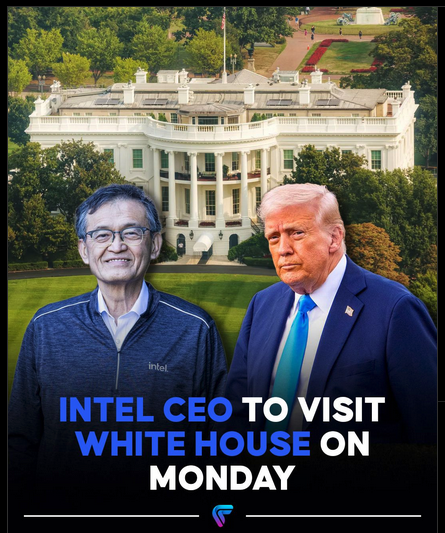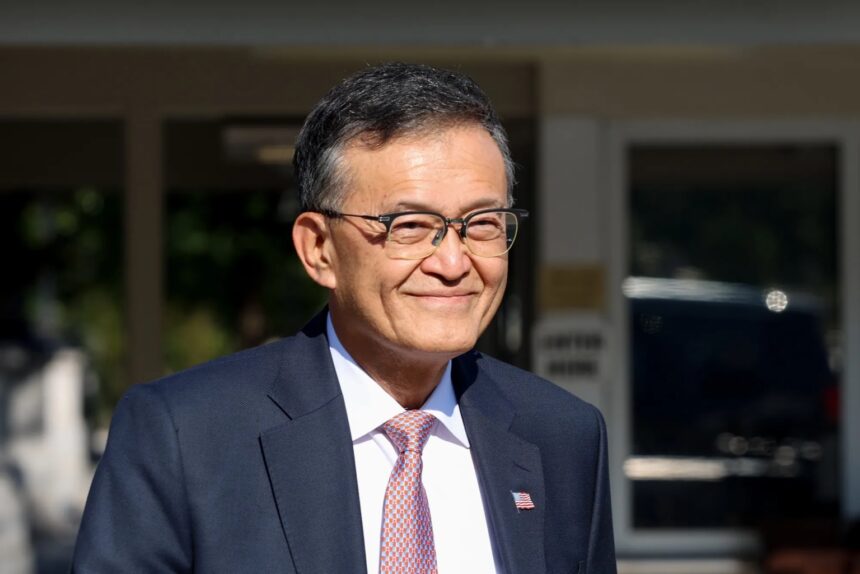Intel’s leadership drama took an unexpected turn this week after President Donald Trump abruptly reversed his call for CEO Lip-Bu Tan to step down. Only days earlier, Trump appeared determined to oust the executive over past business ties to Chinese tech firms. Now, after a White House meeting, the president is calling Tan’s success story “amazing” and praising Intel’s role in U.S. technology leadership.
What’s Happening & Why This Matters
President Trump’s change of tone came after a face-to-face discussion with Tan. In a Truth Social post, Trump called the meeting “very interesting” and hinted at ongoing collaboration. He revealed that Tan and key Cabinet members will work together over the next week. They aim to develop recommendations for strengthening U.S. tech manufacturing.

The reversal is striking. Just last Thursday, Trump insisted “there is no other solution” but for Tan to resign. He cited the CEO’s prior investments in Chinese tech companies, including at least eight linked to China’s military. Trump’s concerns were amplified by Republican Sen. Tom Cotton, who also questioned Tan’s ties to Beijing.
Industry analyst Patrick Moorhead compared the move to Trump’s tariff playbook — making strong threats before delaying or softening them. Intel’s official statement framed the meeting as “candid and constructive,” emphasizing a shared commitment to bolstering U.S. technology and manufacturing dominance. “We appreciate the President’s strong leadership… and look forward to working closely with him and his Administration. Together, we aim to restore this great American company,” Intel said.
Tan’s background adds complexity to the situation. Before becoming Intel CEO in March, he led Cadence Design Systems. The company recently pleaded guilty to illegally exporting sensitive design technology to China. While Intel has not confirmed whether Tan still holds Chinese investments, he reassured employees in a company memo. He stated, “I have always operated within the highest legal and ethical standards.”
This standoff — and sudden reconciliation — matters because it touches on U.S. semiconductor competitiveness. It also involves political influence over corporate leadership, and the broader tension between Washington and Beijing over tech supply chains.
TF Summary: What’s Next
Trump’s about-face gives Lip-Bu Tan a reprieve, but it’s a conditional one. The next few weeks will show whether Intel’s leadership can meet the administration’s expectations. They must address domestic manufacturing, supply chain security, and reduced reliance on China. For now, Intel gets to avoid a disruptive leadership shake-up. They must navigate complex political and geopolitical pressures.
If collaboration between Intel and the White House proves productive, this could become a model for resolving future corporate-government disputes without leadership upheaval. However, if political winds shift again, Tan could find himself back in the hot seat.
— Text-to-Speech (TTS) provided by gspeech


